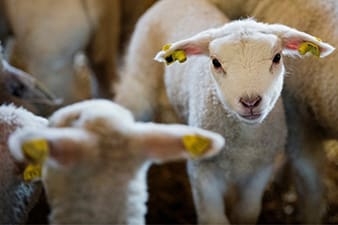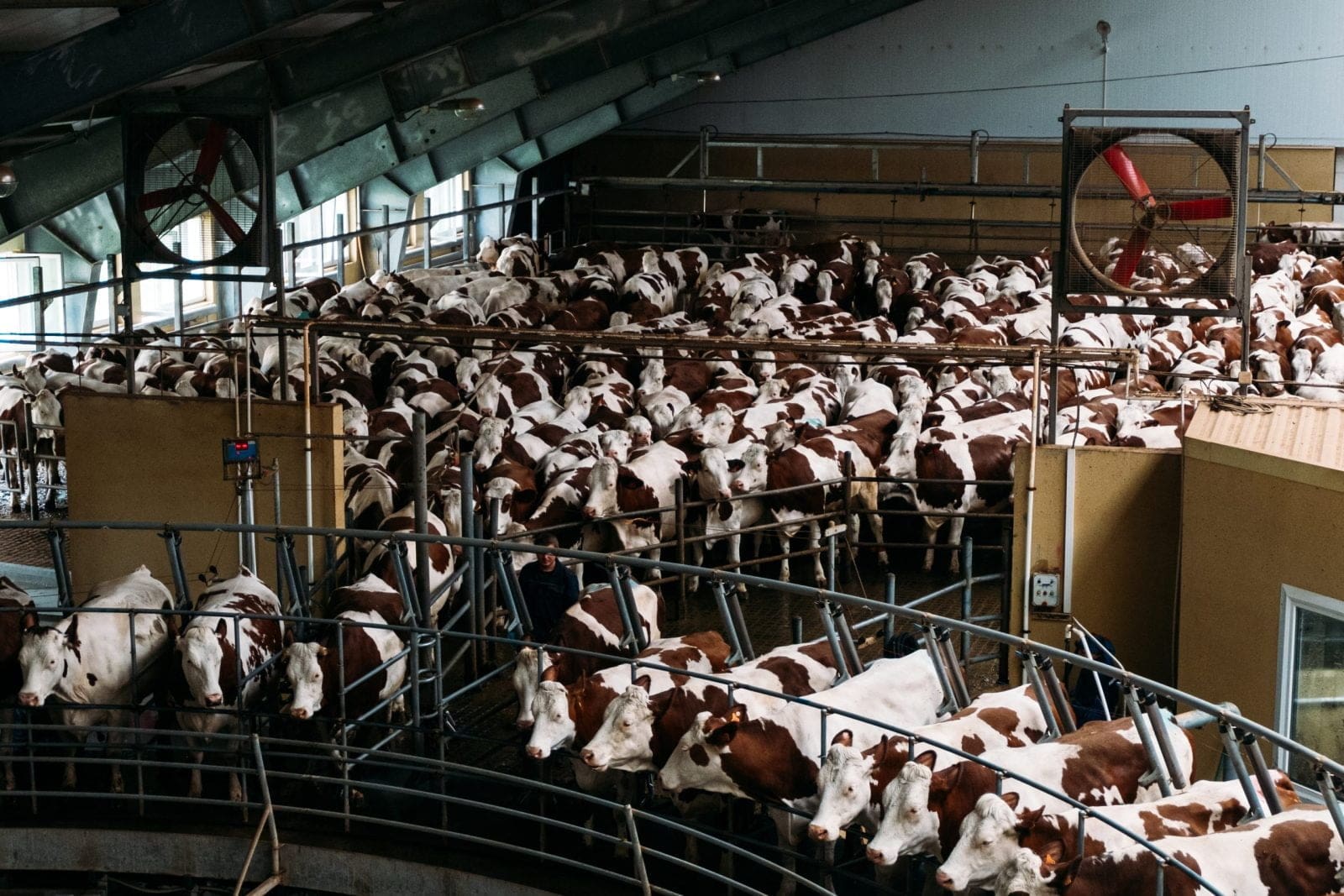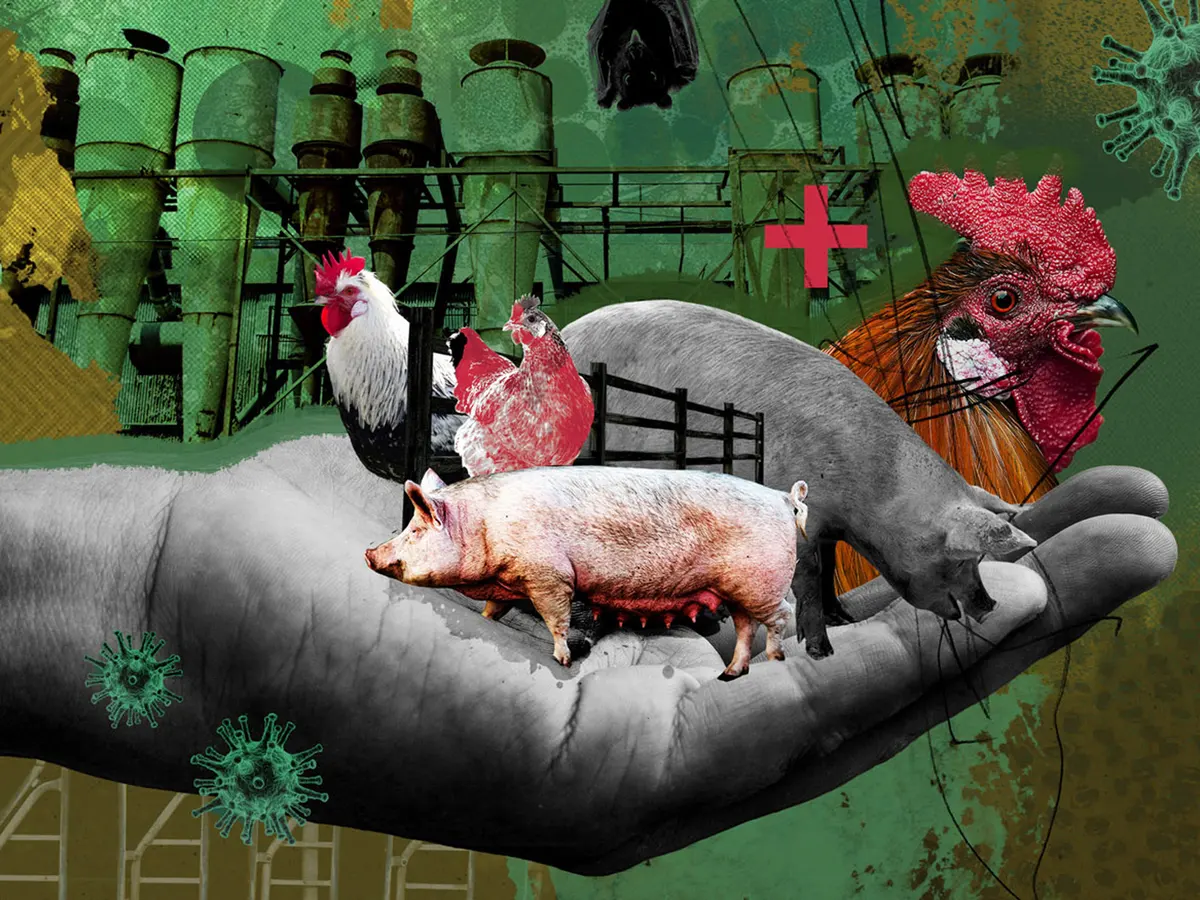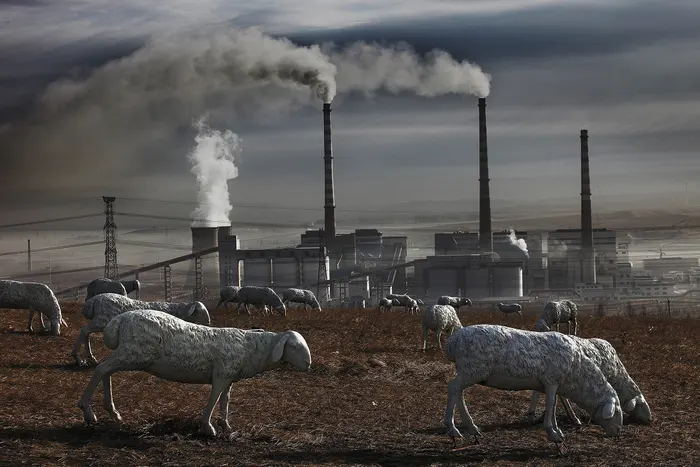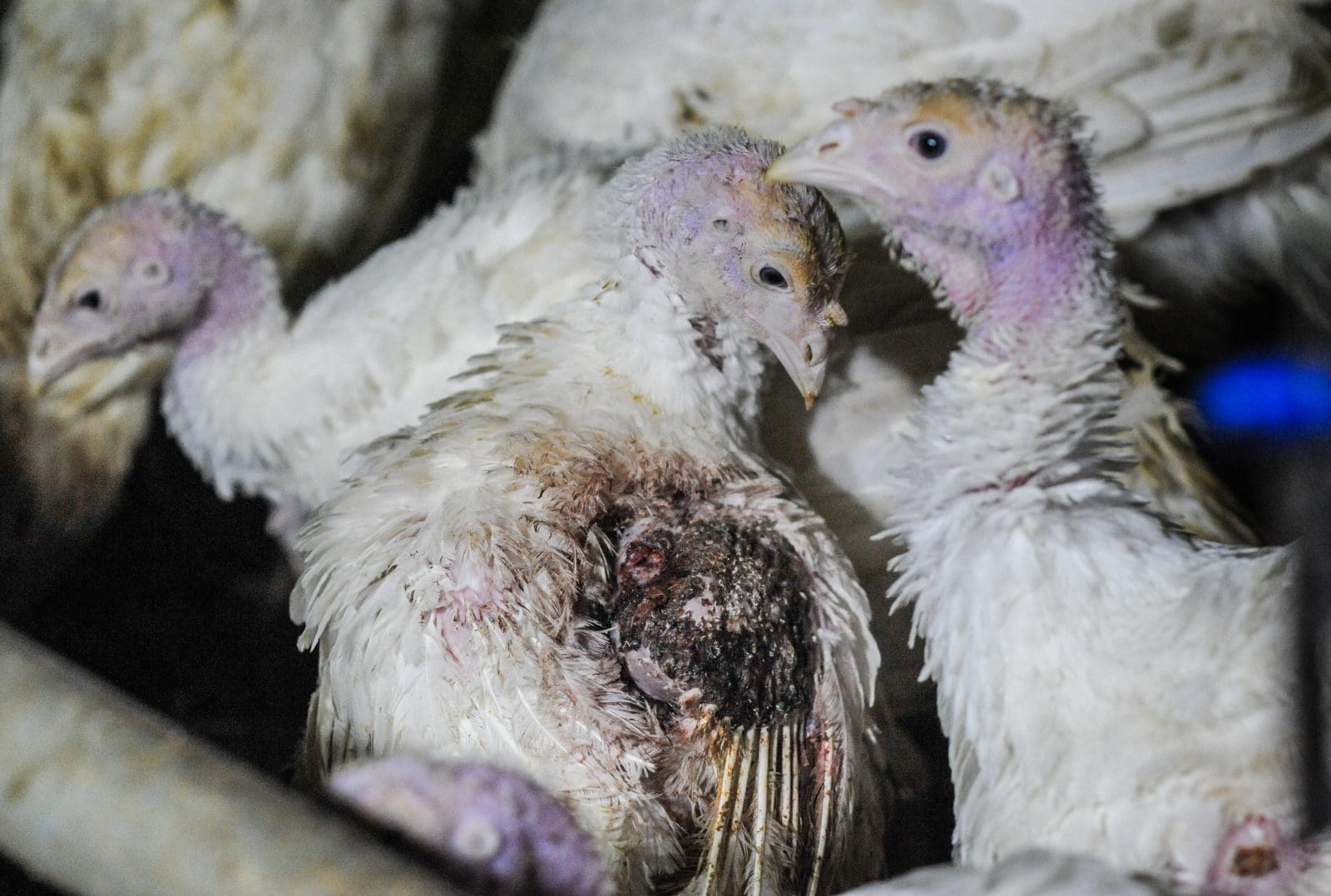This section explores the environmental costs of industrial animal agriculture—costs that are too often hidden behind sanitized packaging and normalized consumption. Here, we reveal the systems that fuel environmental collapse: the mass deforestation of rainforests for pasture and feed crops, the depletion of oceans through industrial fishing, the contamination of rivers and soils by animal waste, and the emission of powerful greenhouse gases like methane and nitrous oxide. These aren’t isolated or accidental outcomes—they are built into the very logic of a system that treats animals as products and the planet as a tool.
From the destruction of biodiversity to the warming of the atmosphere, industrial farming is at the center of our most urgent ecological crises. This category unpacks these layered harms by focusing on three interrelated themes: Environmental Damage, which lays bare the scale of destruction caused by land use, pollution, and habitat loss; Marine Ecosystems, which exposes the devastating impact of overfishing and ocean degradation; and Sustainability and Solutions, which points the way toward plant-based diets, regenerative practices, and systemic change. Through these lenses, we challenge the idea that environmental harm is a necessary cost of progress.
The path forward is not only possible—it is already emerging. By recognizing the deep interconnectedness between our food systems, ecosystems, and moral responsibilities, we can begin to rebuild our relationship with the natural world. This category invites you to explore both the crisis and the solutions, to bear witness and to act. In doing so, we affirm a vision of sustainability not as sacrifice, but as healing; not as limitation, but as liberation—for the Earth, for animals, and for future generations.
In a world where meat dominates plates and palates, its role as a dietary cornerstone is rarely questioned. However, with growing awareness of health and environmental concerns, the spotlight is shifting to the risks of excessive meat consumption. From its links to chronic diseases like heart disease and cancer to its impact on digestive health and cholesterol levels, overindulging in meat poses significant challenges to well-being. Beyond personal health, the environmental toll of industrial meat production—deforestation, water scarcity, and greenhouse gas emissions—underscores the urgent need for change. This article explores why reducing meat intake not only supports human health but also fosters sustainability. Discover how plant-based diets offer all essential nutrients while promoting longevity and ecological harmony—a compelling case for thriving without relying on excessive meat consumption



